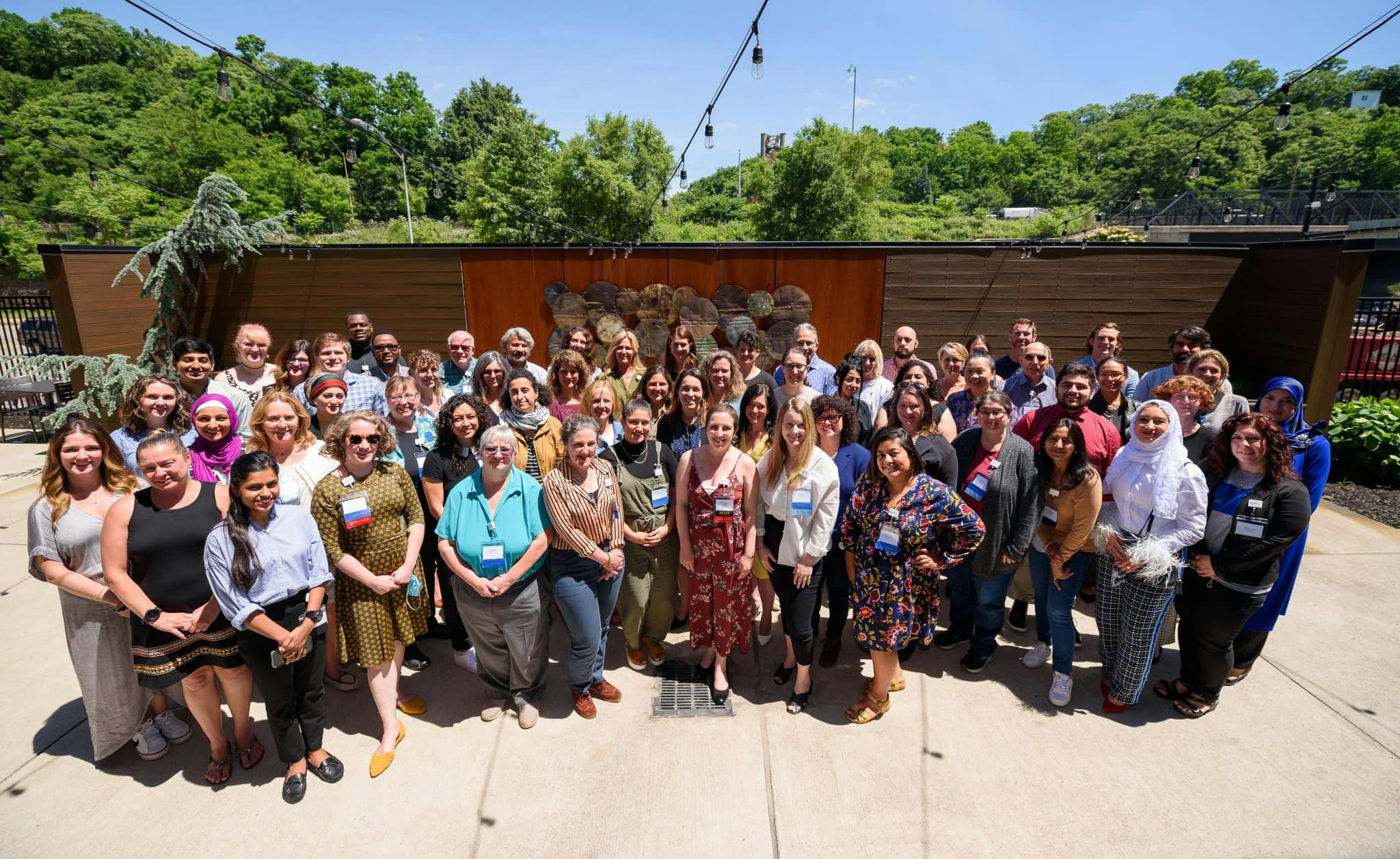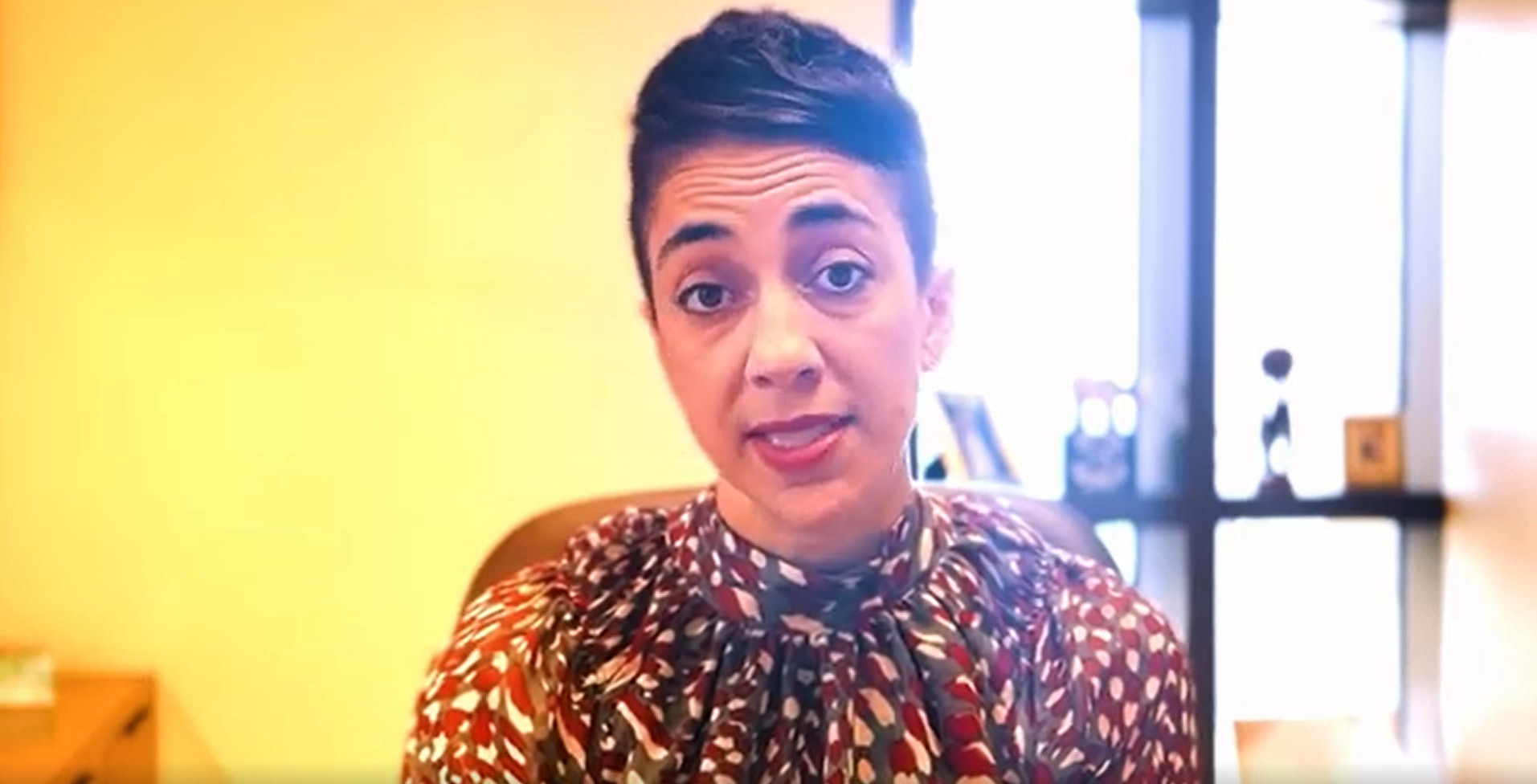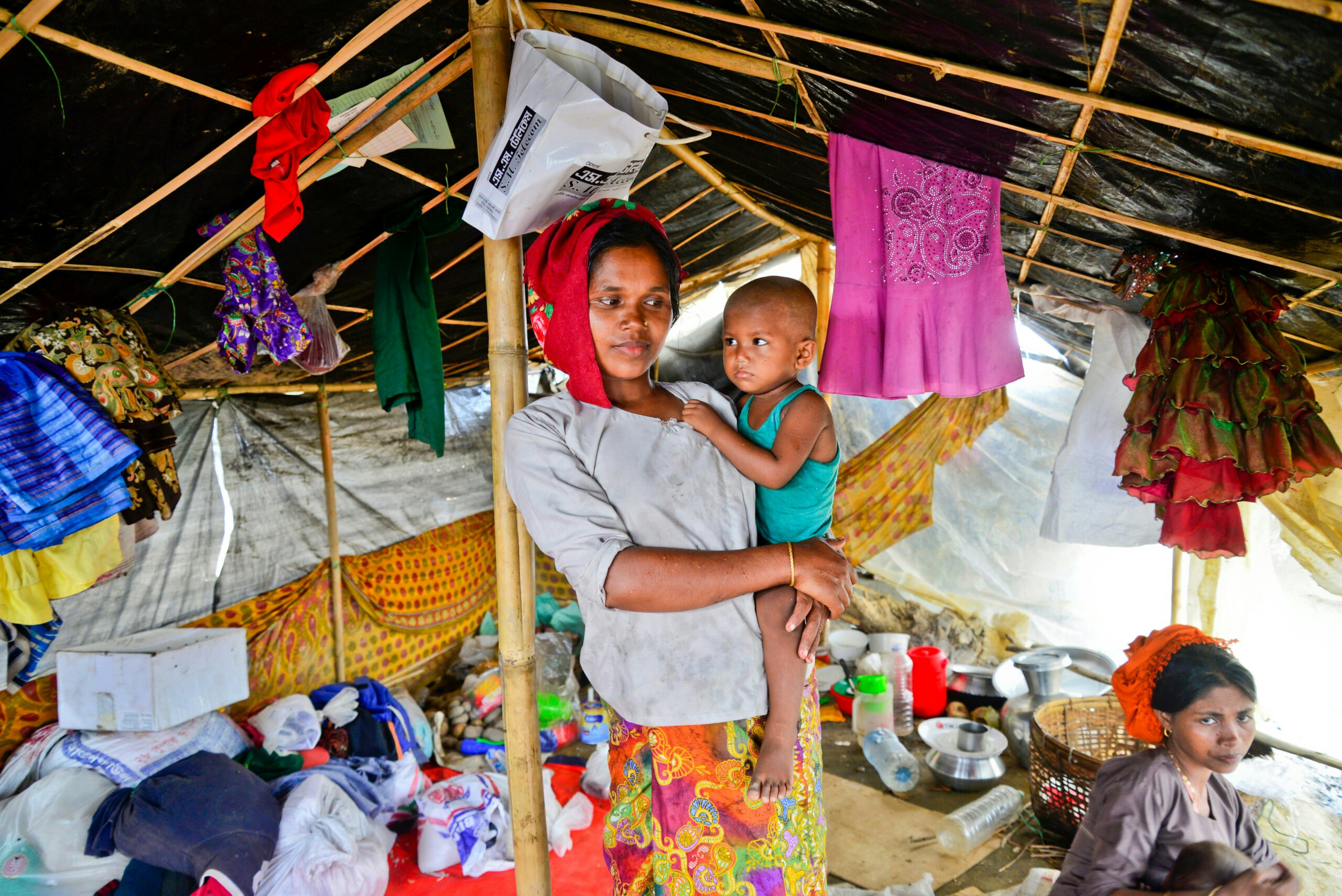A recent article in the Washington Post tells the story of runners in Cairo who are defying circumstances in Egypt by running a half-marathon in...
A recent article in the Washington Post tells the story of runners in Cairo who are defying circumstances in Egypt by running a half-marathon in the city’s streets. The race was planned by Cairo Runners, a group that attracts hundreds of people to its weekly runs through social media, and was organized by a 2013 Women’s Initiative Fellow, Mariz Doss. Two other Fellows also participated – Heba Wahsh, from the 2012 Fellowship, and Shaima Tantawy from Mariz’s class. From the piece:
“Doss said that during the darkest days of recent years, when the country was gripped by unrest and furiously divided, running brought people together. ‘I remember at that time I was running and beside me were people from different backgrounds, different beliefs, different religions,’ she said. ‘It doesn’t cross your mind if the person beside you is a Christian or a Muslim or whatever. You just come for one purpose, to run, and to enjoy your time running.’”
Also on the topic of the Women’s Initiative Fellowship, a new poll released by the International Republican Institute shows that despite the challenges facing Tunisia, the home country to the 2015 Fellowship class, there is increased support for women in politics. As the summary says, “Despite mixed sentiment about women’s access to equal employment and economic opportunities, a majority of Tunisians believe things are moving in the right direction for women’s political participation in the country.”
A recent editorial in the New York Times explains why effective principals are key to education reform, which is the same case the Bush Institute’s AREL program makes. As the piece concludes, “Great teachers are essential but not enough. They need to be led and developed by great principals. As the federal government, states and local districts work to turn around schools, we need to figure out how to get more people with the right training and support to take on one of the hardest jobs in America.”




























